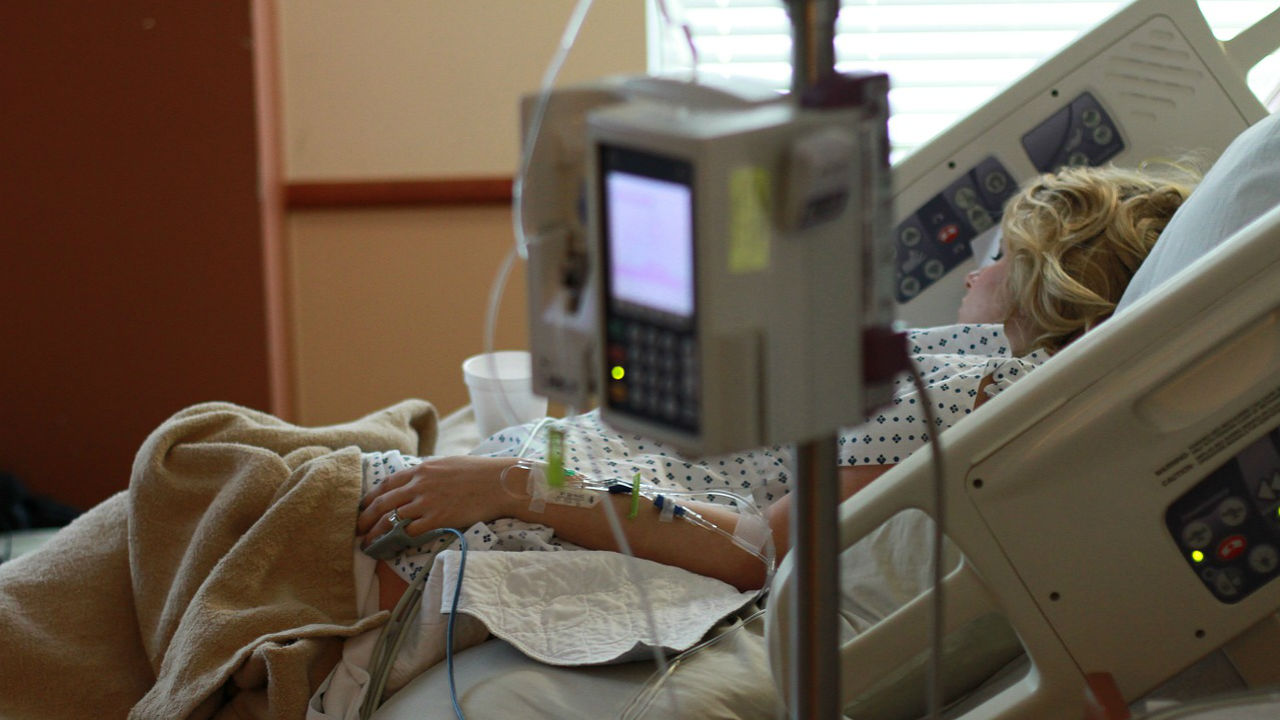 Via Pixabay
Via Pixabay
Chemotherapy may not be necessary for early stage breast cancer.
According to a report from the New England Journal of Medicine, women who have early stage tumors in their breasts may only require drug therapy. With the use of hormone-based drugs rather than chemotherapy, women with early stage breast cancer had a 98 percent survival rate after five years.
The decision to use hormone-based drugs rather than chemo is based upon a tissue test of the tumor during surgery or a biopsy. The test described in the study is called Oncotype Dx. The test can help determine how aggressive the tumor may become.
Women with PCOS may be able to increase their fertility odds with weight loss and exercise.
A new American study found that women with polycystic ovary syndrome who exercised and lost weight are more likely to give birth than those who did not exercise. The study sectioned women with PCOS into three groups, with approximately 50 women in each.
One group took birth control to increase hormones prior to attempting to conceive. The second group was instructed to diet and exercise. The third group did both. In the first group, five women had babies. Thirteen women had babies in the second group, and 12 had babies in the third group.
Though the study was very small — so not statistically meaningful — the results indicate that exercise and weight loss may be helpful for those with PCOS trying to conceive.
Fox News
Computer-aided mammograms are not more accurate, study says.
90 percent of United States mammograms utilize computer-aided detection, also called CAD. But according to a new study from the JAMA Internal Medicine journal, they may not be more accurate and could lead to overtreatment. This study goes against earlier findings that reported that using computer-aided mammogram screenings increases accuracy by 20 percent.
TIME
Taking calcium supplements may not help bone strength in older adults.
According to two new studies reported in the journal The BMJ, older adults may see improved bone strength after taking calcium supplements. The New Zealand studies cite that the small improvements provided by calcium supplements are not worth the constipation or other side effects.
TIME
Pregnant women with cancer may not need to postpone treatment or terminate their pregnancy.
According to new research from Europe, women who are pregnant can begin their cancer treatments without concerns over how it will affect their babies. The study looked at 115 children whose mothers had cancer and received treatment during pregnancy, and 14 whose mothers who had cancer but were not treated.
Those who were exposed to cancer treatments while in the womb showed that their heart and mental functions developed normally. According to the study, there was no significant difference between the children who were exposed to cancer treatments prenatally and children who were not.
Fox News
Postmenopausal women may see an increase in muscle mass when consuming vitamin D.
After muscle mass is lost during menopause, it may be possible to rebuild it with the assistance of vitamin D, says a new study from Botucatu Medical School located at Sao Paulo State University in Brazil. The researchers found a 45 percent increase in the muscle strength of 160 postmenopausal women after nine months of vitamin D supplements.
This is the first study to test vitamin D use in building muscle in younger women. Previous studies focused on older adults.
Fox News
by Michele Blacksberg RN
Edited by Jody Smith





Add a CommentComments
There are no comments yet. Be the first one and get the conversation started!